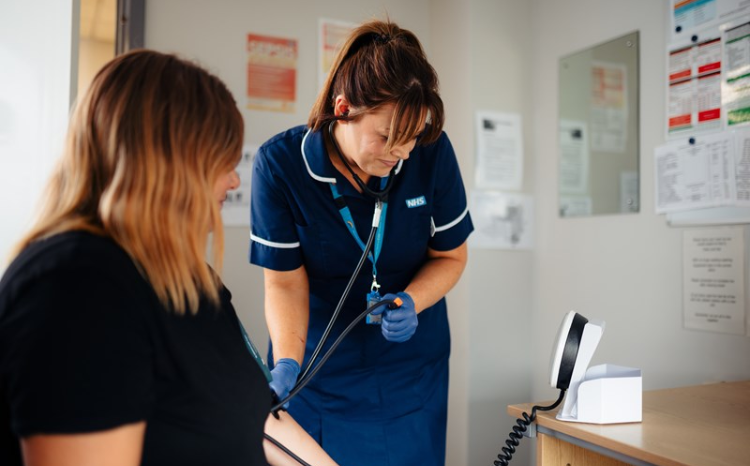System C and Graphnet deepen partnership with Microsoft
- 17 February 2017

UK clinical software suppliers System C and Graphnet have announced they will integrate next generation technologies from Microsoft.
The two companies are working with Microsoft on cloud-based solutions that will use machine learning to transforming patient engagement, clinical communications and enable new models of care.
System C and Graphnet already use Microsoft technologies, including Microsoft HealthVault, Microsoft Azure including Azure machine learning.
The next generation products will be deployed at System C clients including University Hospitals Bristol NHS Foundation Trust, a Global Digital Excellence, and will be promoted throughout the National Health Service.
Steve Gray, director of IM&T at Bristol said: “It is very helpful for us to have our major software suppliers working together in this way. Microsoft products are used extensively across the NHS and this integration will allow us to benefit from the rich functionality available in both product sets”.
Dr Ian Denley, joint chief executive of System C, said: “Next generation healthcare IT is about agile clinician-friendly and patient-facing systems operating across care communities, and the integration of healthcare applications with modern communication tools.
Denley added: “The day of traditional monolithic systems is almost over.”
The new initiative with Microsoft covers a range of advanced Microsoft products and technologies and APIs, including Microsoft HealthVault Insights, an initiative to develop machine learning-based insights about patient health, drive adherence to care plans and encourage patient engagement.
System C and Graphnet are already building elements of HealthVault Insights APIs to build planning and monitoring features directly into their CareCentric shared record and portal products.
It says this will enable personal information captured by wearables and direct patient input to be combined with clinical information held elsewhere in the shared care record.
In addition, System C says it has integrated Microsoft’s Skype for Business into its Careflow communication and care co-ordination tool, embedding video conferencing technology within clinical workflows.
Voice will be directly integrated into patients’ records. Clinicians can now securely hold meetings and conversations with each other or with their patients, and have these recorded as part of the clinical record.
The myCarecentric Epilepsy app that System C and Graphnet are currently piloting in Poole already uses Microsoft’s Azure machine learning and is designed to ‘learn’ when someone is about to have a seizure and warn them when it is about to happen.
The new initiative with Microsoft will further build on this and includes incorporating new personal care plans from Healthvault Insights directly into myCarecentric.
“The ability to apply machine learning innovation in healthcare is key to alleviating some of the pressures on health and social care services worldwide,” said Heather Jordan Cartwright, group program manager in Microsoft Artificial Intelligence and Research at Microsoft Corp.




